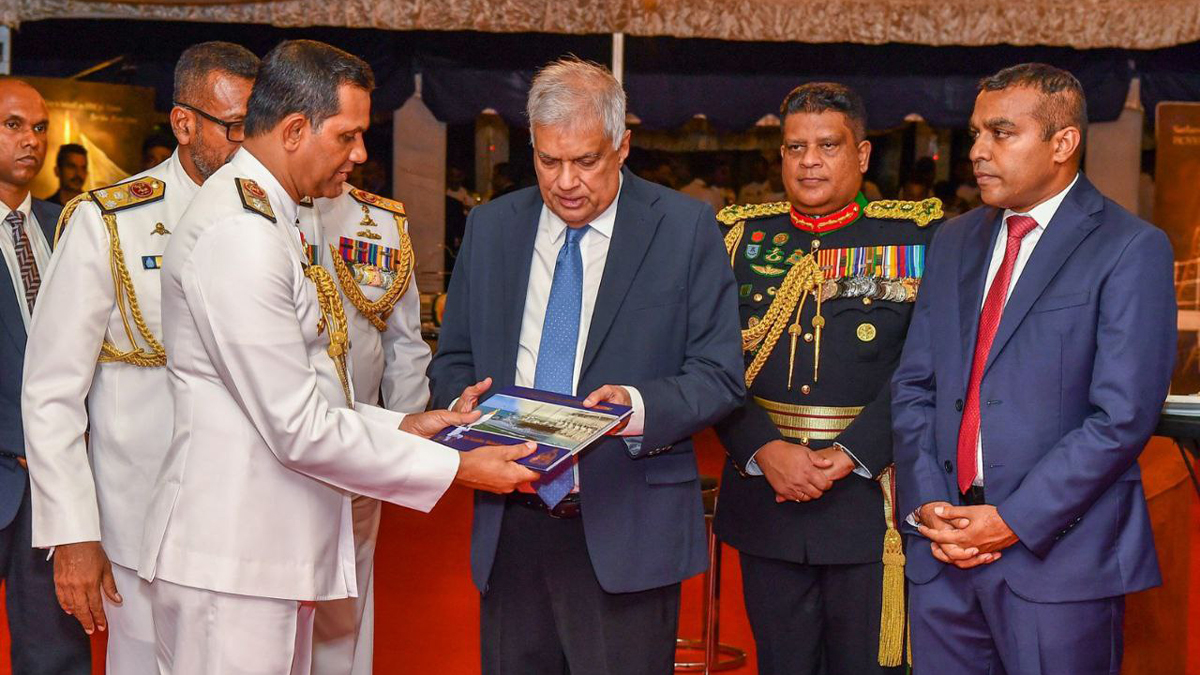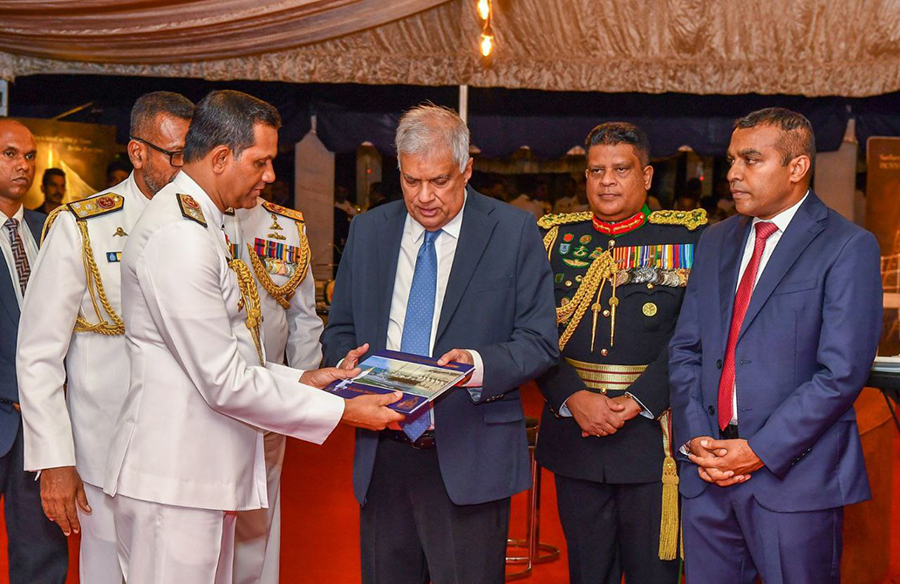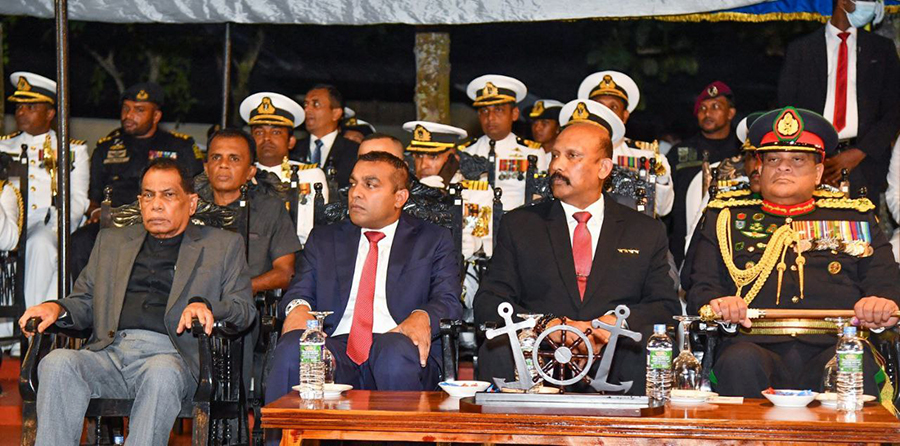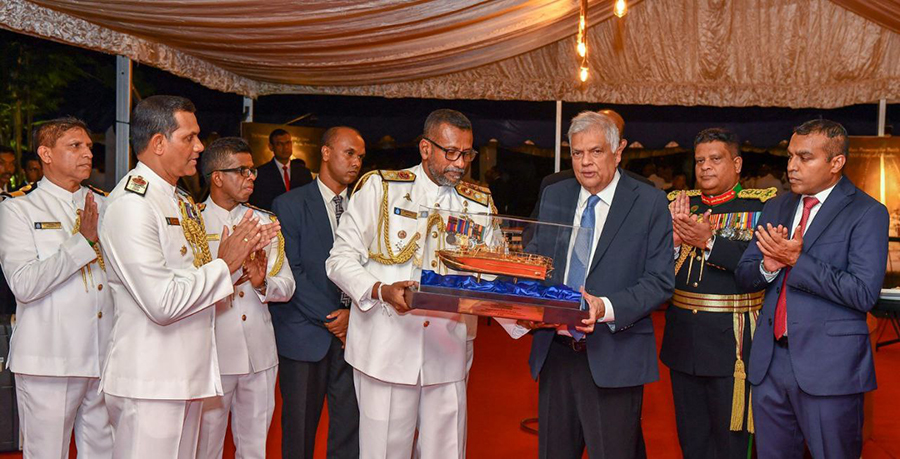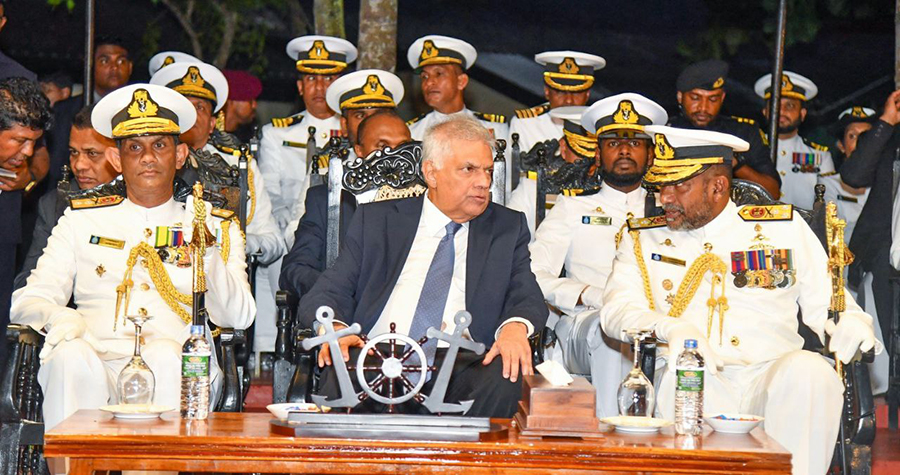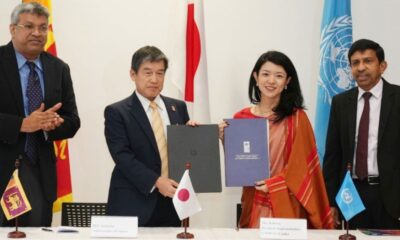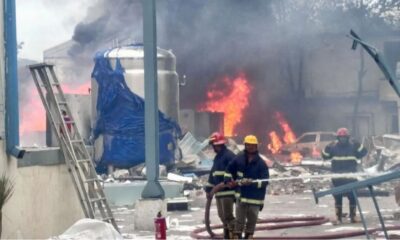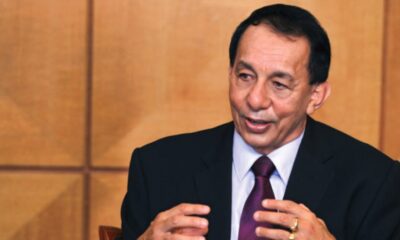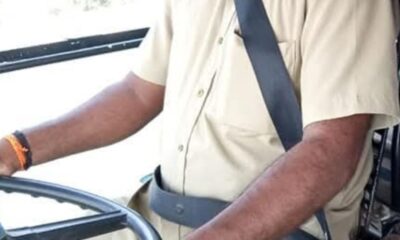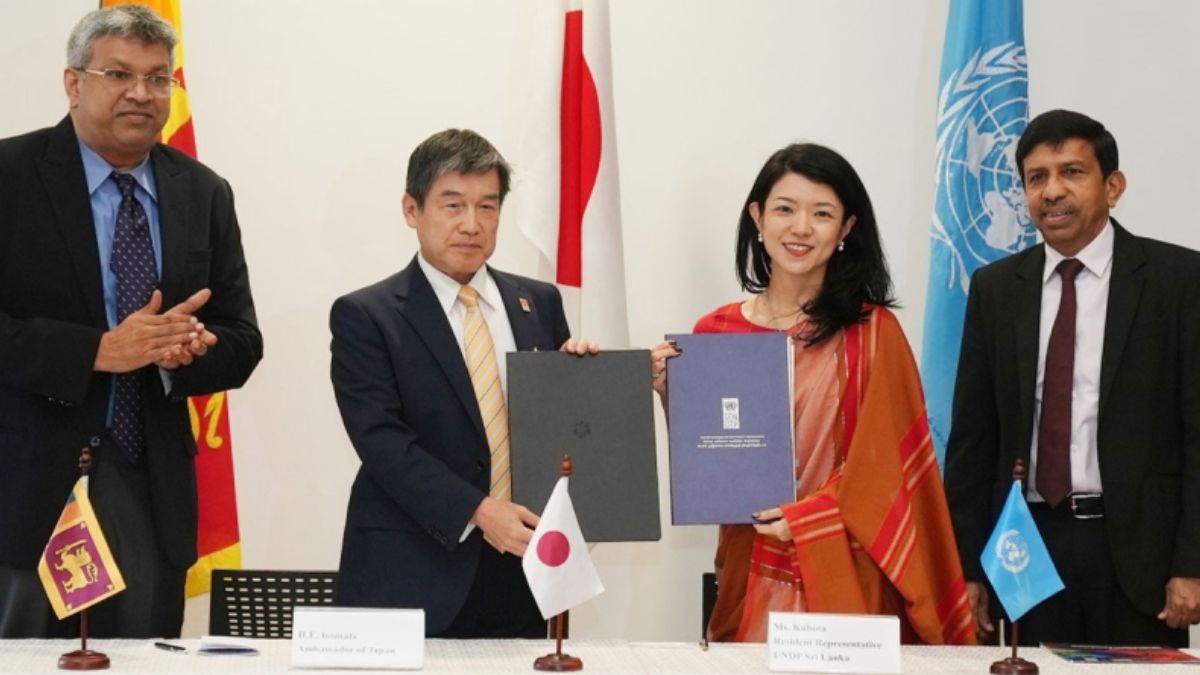President Ranil Wickremesinghe has emphasized the critical need for a comprehensive review of the country’s national security strategy. This review will encompass a broad range of factors, including emerging economic trends and the impacts of climate change.
To facilitate this review, a specialized team has been appointed. The team’s mandate is to thoroughly assess the nation’s security landscape and propose modern security policies for the National Security Council.
During his address at the Presidential Colours Awarding Ceremony at the Navy Volunteer Force Advance Naval Training Centre in Boossa yesterday (18), President Ranil Wickremesinghe articulated the forthcoming evaluation of the nation’s overarching national security strategy. He underscored that this comprehensive review would encompass a broad spectrum of factors, including emerging economic paradigms and the implications of climate change.
Highlighting the gravity of the matter, President Wickremesinghe revealed the appointment of a dedicated team, led by Major General Channa Gunathilaka (Rtd), to spearhead this endeavour. Once the team submits its findings, the President affirmed his commitment to subsequently formulate contemporary security policies under the purview of the National Security Council.
These statements were delivered during an event held yesterday (18) at the Boossa Advanced Naval Training Centre, where the Presidential Colours were conferred upon the Volunteer Force of the Sri Lanka Navy.
The Commander-in-Chief, President Ranil Wickremesinghe, arrived at the esteemed Boossa Advanced Naval Training Centre, where he was warmly received by the Commander of the Navy, Vice Admiral Priyantha Perera, and the Commander of the Volunteer Force.
In a subsequent ceremonial gesture, a distinguished military honour was accorded to the President, who actively participated in observing the parade. The President’s engagement culminated in the presentation of the prestigious Presidential Colours to the Volunteer Force of the Sri Lanka Navy, an event that was accompanied by the formal transfer of flags facilitated by the President.
Adding to the grandeur of the occasion, President Ranil Wickremesinghe also took part in appreciating the captivating drill display that ensued.
President Wickremesinghe, in his supplementary remarks, further elaborated on the historical context of the Navy’s origins. He acknowledged that prior to gaining independence, the Navy operated as a voluntary wing of the Royal Army. Notably, during the tumultuous period of the Second World War, the responsibility of safeguarding the pivotal Colombo port was entrusted to the Navy. In the post-independence era, a permanent naval force was duly established. The President underscored the significance of this occasion, wherein the new recruits join the ranks of a distinguished military lineage.
In his address, the President said;
Today marks your entry into the esteemed ranks of the Navy. When the Sri Lanka Navy was first established, maritime threats were virtually non-existent. The Indian Ocean was under the firm control of the British Navy during that era, and subsequent to their departure, our region remained relatively tranquil.
However, the landscape shifted dramatically in 1983 when we were confronted with the exigencies of conflict. On that pivotal day, the LTTE organization showcased its adeptness in naval operations, underscoring their familiarity with the sea. This was a novel experience for our forces, compelling us to undertake a profound study of maritime strategies. Over time, through the unwavering commitment and skilfulness of our security forces, we triumphed over this adversarial entity. This victory resonated on an international scale, highlighting the capabilities of our Navy in combat scenarios.
Reflecting on global counterparts grappling with similar challenges, such as the situation in Somalia, it becomes evident that an amalgam of significant naval forces was required. Remarkably, our nation stood resiliently on its own in addressing comparable challenges. As we commemorate 14 years since the culmination of that arduous conflict, the moment signals us to pivot our focus toward the present and the horizon that lies ahead.
Presently, the challenges we confront are distinct from the scenarios of 2009 and 1983. The dynamics of today’s landscape witness the encroachment of global power struggles into the Indian Ocean’s realm. On one front, a contest for supremacy unfolds between the United States and China across the expanses of the Pacific Ocean. Simultaneously, a power struggle emerges between Western nations and Russia in the context of Ukraine. This competition for influence extends even to remote reaches such as Niger in Africa, an adjacent nation to Mali, where our dedicated army is stationed.
Undoubtedly, the Indian Ocean hosts the world’s pivotal trade routes, making Sri Lanka an integral player at this stage. As we navigate these waters, it is imperative that we chart a course devoid of entanglement in these international rivalries, maintaining an impartial stance. Our foremost concern must be the safeguarding of our security within this sphere.
Internally, various countries grapple with threats that emanate from within, a predicament exemplified by incidents like the tragic events of the Easter Sunday attack. Hence, it is incumbent upon us to fortify ourselves against such internal vulnerabilities as well. The reality we inhabit finds us enmeshed in global geopolitics; it is a reality we cannot disregard, compelling us to deliberate upon it, irrespective of our preferences.
Indeed, considering the evolving global landscape, I am inclined to initiate a comprehensive review of our nation’s prospective national security framework. Such evaluations are standard practice in numerous European countries, undertaken at intervals of five to ten years. These appraisals encompass an assessment of the nation’s vulnerabilities, available resources, and a strategic roadmap for implementation. These deliberations culminate in informed decisions, juxtaposing military capabilities with economic prowess. It is imperative for us to heed these principles.
Contemporary times have ushered in an array of advanced technological devices such as drones and others including those relevant to naval operations. Notably, the utilization of submarines in the Indian Ocean has become increasingly pronounced. In light of this, our maritime security strategy should pivot towards the development of a robust program tailored to submarine surveillance and control.
Furthermore, we must acknowledge the impermanence of our current aerospace assets. The trajectory of aviation and naval technologies suggests an enhanced reliance on innovative solutions in the future, surpassing the capacities of the present. Our trajectory forward necessitates a progressive incorporation of advanced technologies to effectively address the challenges that await us.
Indeed, the foundation for addressing future challenges lies in fortifying our nation’s economy and fostering swift development. A robust economic landscape would provide the necessary financial means to undertake essential endeavours. Recognizing the limitations posed by our status as a developing nation, it becomes evident that solutions for the future cannot be derived solely from past approaches.
In this context, my intent is to instigate a comprehensive review of our nation’s security apparatus. This review is poised to adopt a forward-looking perspective, intricately tied to emerging economic trends and the pressing issue of climate change. This recalibration of focus is paramount to effectively respond to the multifaceted challenges that lie ahead.
Upon the compilation of this review report, a blueprint for modernized security policies of the National Security Council will ensue. The task of orchestrating this critical endeavour has been entrusted to Defence 2030, which has diligently appointed an adept review team. This distinguished team, under the adept guidance of former Major General Channa Gunathilake, is dedicated to the preparation of this pivotal report. In support of these efforts, a dedicated office has been established, reaffirming our unwavering commitment to ensuring the comprehensive security of our nation.
Undeniably, the challenges that lie ahead extend far beyond the confines of weaponry or monetary considerations. Our paramount concern remains the welfare and prosperous future of our citizens, encompassing both those in active military service and those who will transition beyond it. Your dedication has not gone unnoticed, and we are committed to integrating your insights and perspectives into this new security review.
State Minister of Defence Pramitha Bandara Thennakone, Governor of the Southern Province Willy Gamage, Secretary to the Ministry of Defence General Kamal Gunaratne (retd), Chief of Defence Staff General Shavendra Silva, Commander of the Navy Vice Admiral Priyantha Perera, Chief of Naval Staff Rear Admiral Jayantha Kularatne, Volunteer Brigade Chief Rear Admiral Dhammika Kumara, and the distinguished senior officers of the Navy attended at this event.
(President’s Media Division)
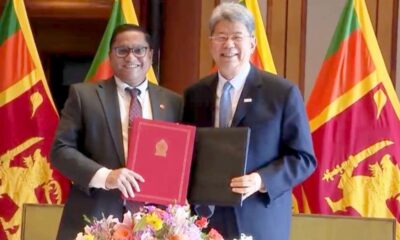
 BIZ2 days ago
BIZ2 days ago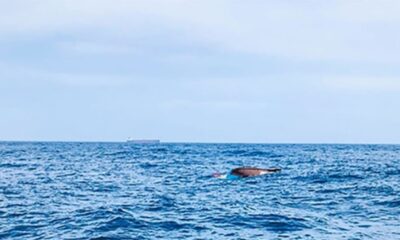
 News2 days ago
News2 days ago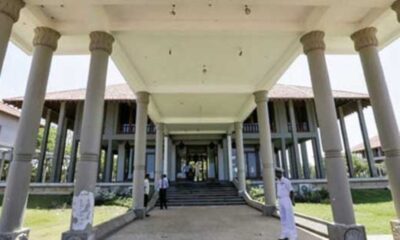
 News2 days ago
News2 days ago
 News1 day ago
News1 day ago
